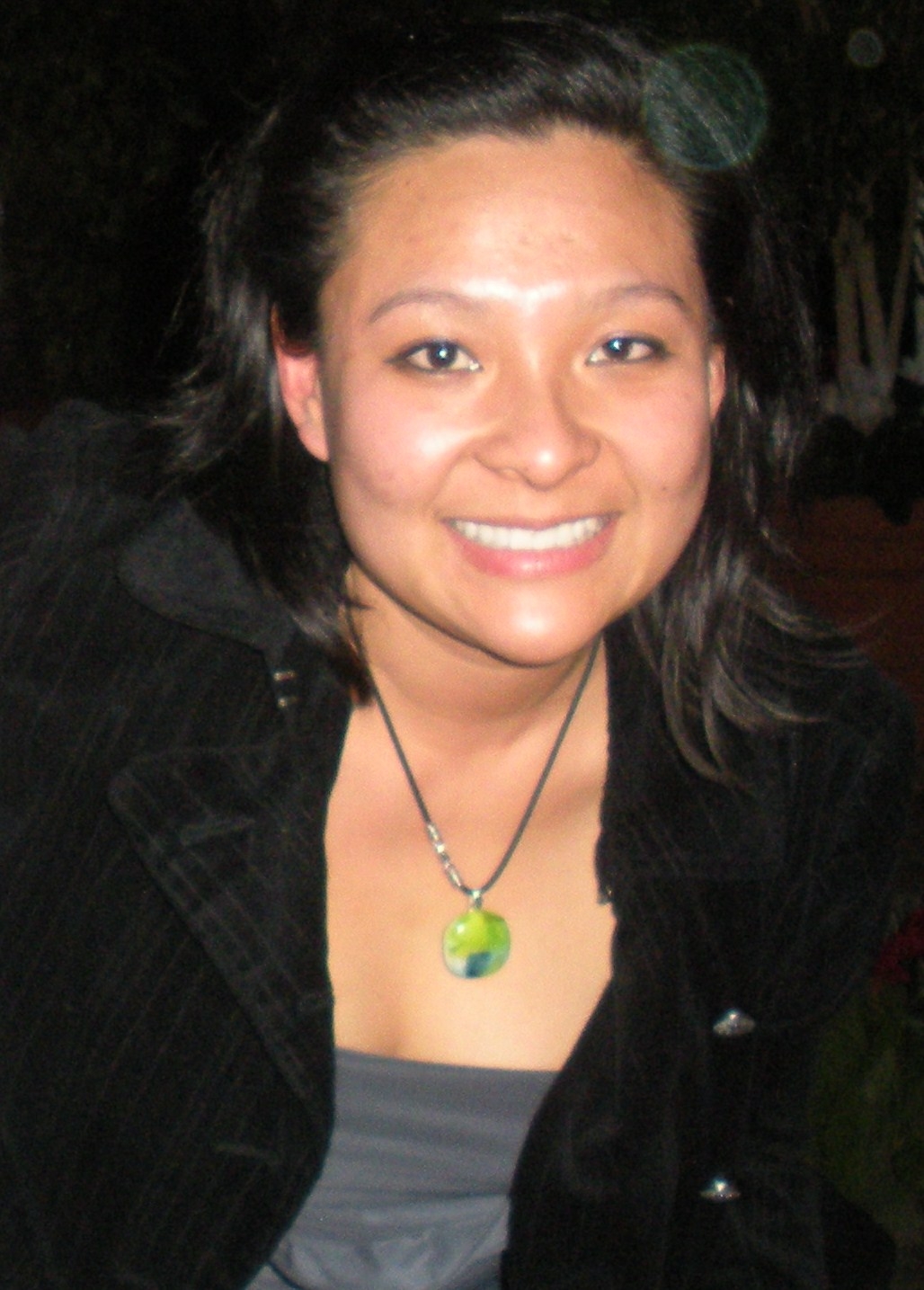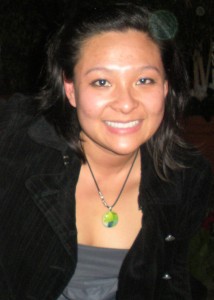Dr. Joseph Barber
As 2010 begins to wind down – I know, it is hard to believe the year is almost over – now is a good time to think about some of the personal and professional milestones you achieved in 2010. This is an important exercise for two main reasons: 1) you will need to be able to talk about your achievements any time you are on the job market (in your cover letter, resume/CV, and during interviews); and 2) it is important from a psychological perspective to celebrate your successes and not just focus on those aspects of your life that you don’t think are going so well. If you are like me, and can remember all of the awkward, embarrassing things that have happened to you throughout your life much better than all of the times where you were actually suave and confident, then focusing on the positive is very important.
Let me talk about some of my recent successes. In terms of professional achievements, I was the primary point person for organizing the 2010 Biomedical & Life Sciences Career Fair at the end of September. I couldn’t have done this without the help of the rest of the graduate and postdoc team at Career Services, but this was a project that was most definitely on my to-do list. Working with my colleagues, and making use of all of the resources at my disposal (e.g., contact databases, LinkedIn, contacts I made through work), I was able to get 28 employers registered for the fair – and this was really the maximum number of employers that could fit in the space we had reserved. We also attracted 299 PhD students and postdocs to attend the fair, which is a great number even if it is irritatingly short of 300! If I hadn’t put in the hours working on this fair over the summer, then we wouldn’t have gotten as many employers or attendees. It was my actions that lead to this successful outcome. If I were writing about this experience in a resume, I might say something like:
- Communicated effectively with CEOs, managers, scientists and recruiters at pharmaceutical companies and organizations seeking candidates with scientific backgrounds, resulting in 100% of career fair registration slots being filled by employers.
- Coordinated actions of 4-person team to attract 299 PhD students and postdocs to attend fair, creating 4 posters/flyers as part of career fair announcements.
The first bullet above speaks to my ability to communicate with a wide range of people from different backgrounds. I am as comfortable speaking with scientists interested in finding particular candidates with certain types of research skills as I am talking with non-scientist recruiters looking to fill consulting positions. The second bullet focuses more on leadership/management skills, as well as sneaking in a mention of my creative skills. Both bullets use this formula: situation-skill-outcome. There was a situation where I used a specific skill to achieve a positive outcome. Use this formula in your resume and you will do a great job illustrating how effective your skills are (and not just saying that you have skills, and then relying on the employer to take your word for it). Only by taking the time to think carefully about what I achieved, and how I achieved it, can I highlight my skills in this way. So, when you are on the job market, celebrate your successes by thinking about all of the different skills you have used to achieve results (big results like getting a paper published, and small results like improving the efficiency of ordering supplies for your lab).
I am very happy that the career fair was a success. On a slightly more personal note, I am even happier that my own network of contacts played an important role in this success. If you have been to Career Services for an appointment or walk-in, chances are that you have been told how important building and maintaining your network are to your future careers. It is true – it really is. People can turn out to be great contacts for something that you never imagined they would be helpful for. Here are some of my networking experiences related to the career fair:
- Got the names of two recruiters from a contact I had made with someone from Charles River Labs at a symposium I had spoken at 3-4 years ago. CRL did not end up registering for the fair, but I was able to add these new contacts into our employer database.
- Reached out to a friend of mine from my undergraduate days who is a VP medical director at a medical writing firm in New York, resulting in her organization sending two representatives to the fair.
- Followed up with a postdoc I had met with at Career Services who had mentioned in passing that she knew someone at a pharmaceutical company that I had been trying to connect with. I was able to get some contact details, and the company ended up registering for the fair.
- My wife and I had a friend from Oxford stay at our house while he was visiting the US with his girlfriend over the summer. He is doing some website design work for Nature in the UK, and happened to know a good contact for me to reach out to in Nature Publishing’s New York office. Nature ended up registering for the fair.
Unlike the first three, my Oxonian friend has no connection with science at all. His PhD was in the humanities, and his current position in IT. Still, he was able to provide me with a contact for an organization that was on my high priority list. This was certainly a success worth celebrating. Each contact in your network knows someone who knows someone who might just be the person you are looking to connect with. And who knows which organization your next contact’s significant other works for. Somewhere down the line you will find unexpected help from someone in your diverse network of contacts – especially if you take the time to maintain and build your relationships with them.
The more you focus on your successes, big and small, the more positive your outlook will become. This positive outlook will be reflected in your job application materials and in the way you come across in interviews – even if you are not consciously aware of this fact. People like to hire positive and confident people.
Celebrate your successes thus far in 2010, but don’t forget that there are still several weeks left for you to achieve even more. That is plenty of time for you to schedule an appointment at Career Services to see how we might be able to assist you. Making use of available resources to help you achieve your career goals is definitely a successful step in the right direction.










